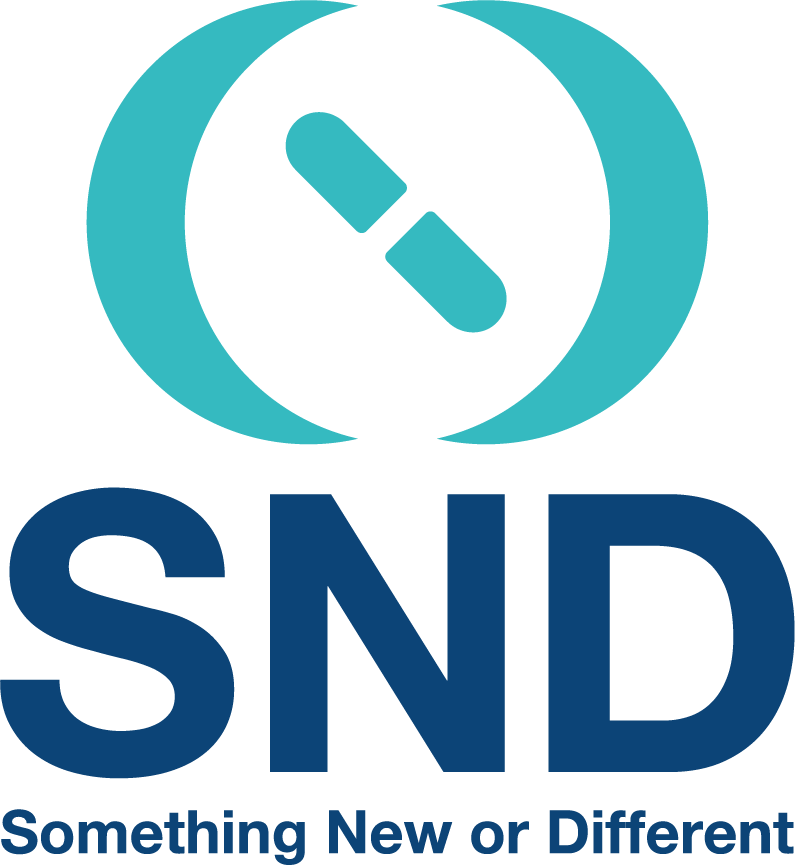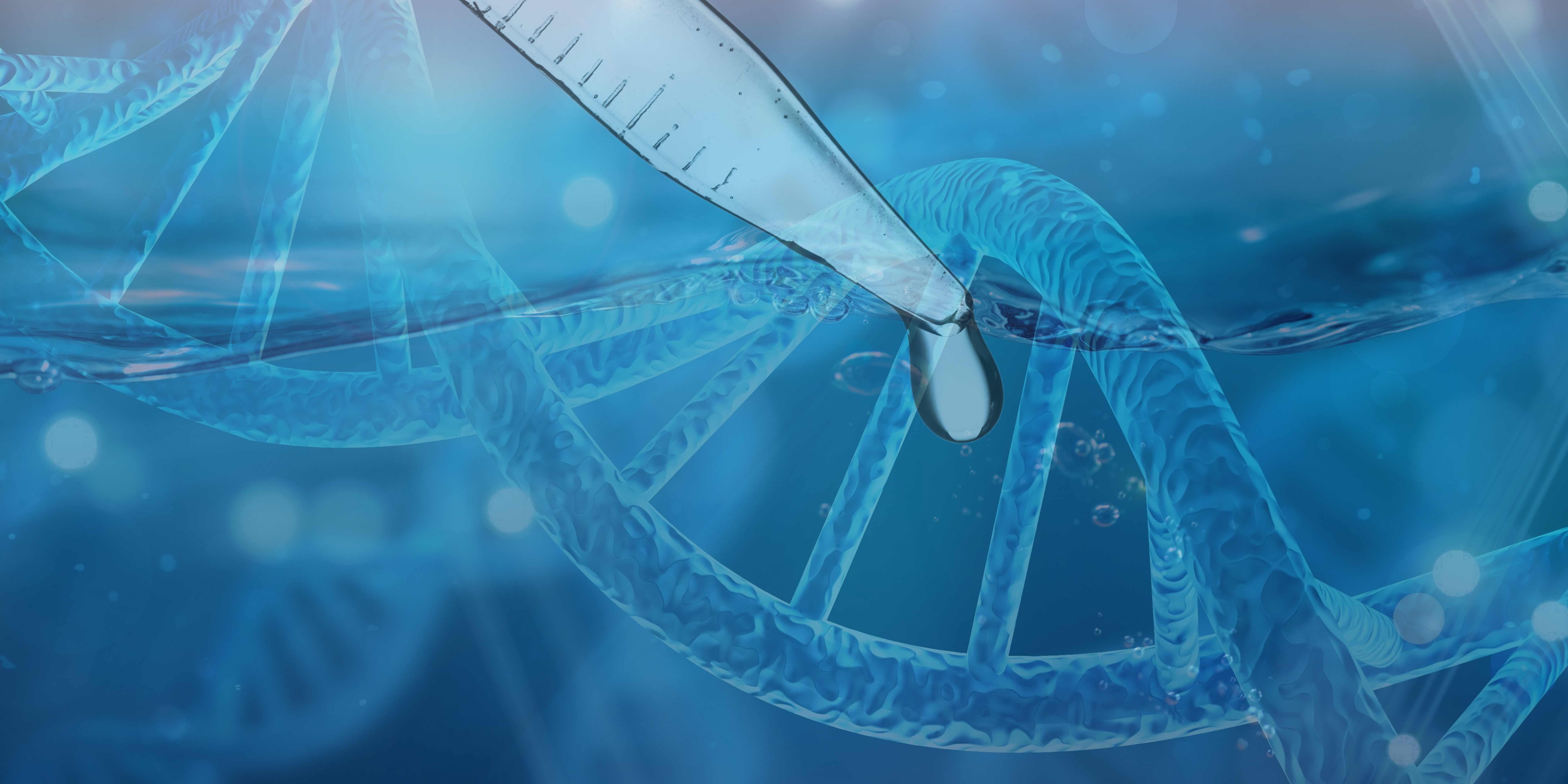
Provision of cutting-edge immunotherapy (NKM immune cell therapy), advanced regenerative medical technology, and cell banking services, offering innovative therapeutic methods and aesthetic medicine.

NKM immune cell therapy
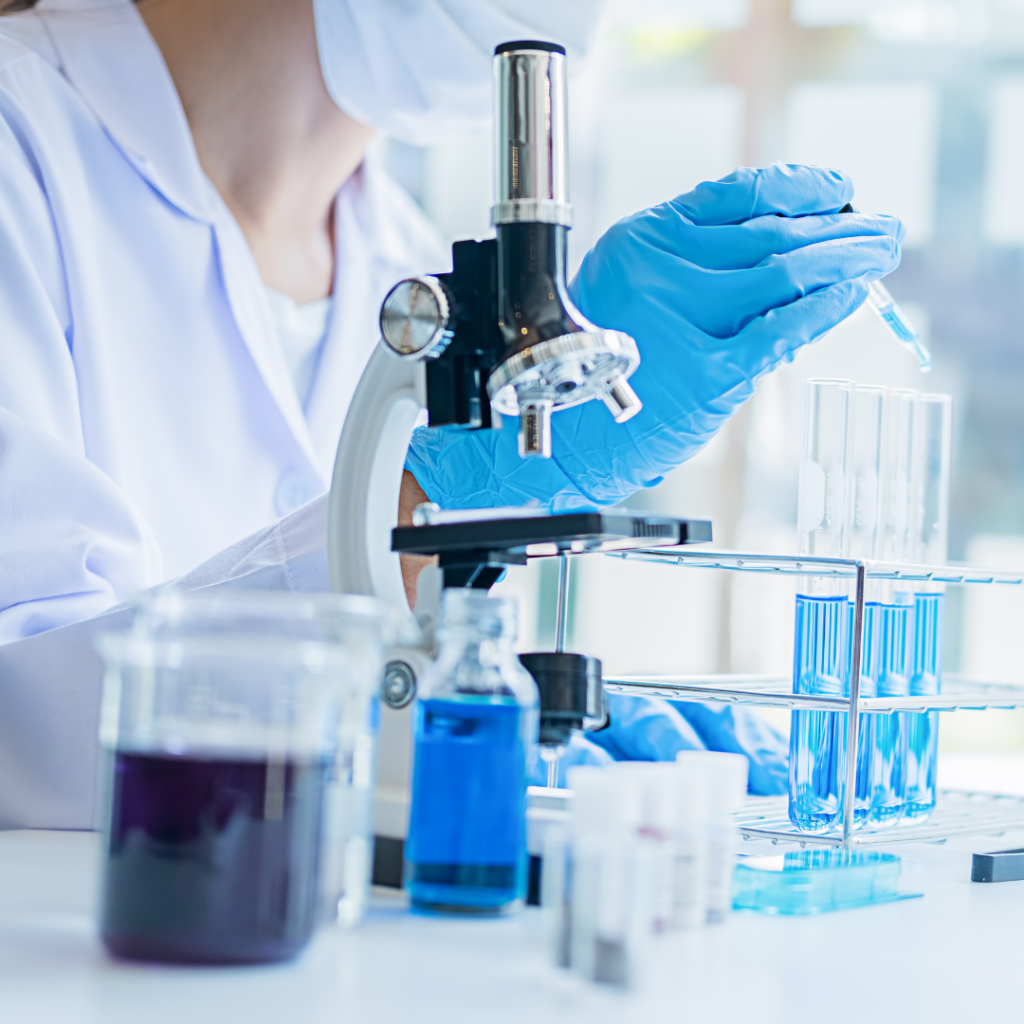
The NKM Immune Cell Therapy is a unique immunotherapy developed by Oda Clinic. Unlike conventional immunotherapies, it combines multiple types of immune cells to enhance both innate and adaptive immunity, thereby achieving a higher quality of immune cell therapy.
Advantages
| Combination of Immune Cells; | The combination of Natural Killer (NK) cells and T cells enhances both innate and adaptive immunity, enabling more effective attacks against cancer cells. |
| Reduced Side Effects; | By using cells isolated from the patient's own blood, the risk of side effects such as rejection reactions is lowered. |
| Cancer Prevention and Physical Improvement; | The improvement in basic immune strength is expected to prevent cancer and improve conditions of physical weakness. |
Differences from Conventional Cancer Treatments
While traditional cancer treatments (surgical treatment, radiation therapy, chemotherapy) directly attack or remove cancer cells, NKM Immune Cell Therapy strengthens the patient's immune system, enhancing the body's own ability to eliminate cancer cells. This approach potentially reduces the risk of side effects and improves the patient's quality of life (QOL). Additionally, when used in conjunction with traditional treatments, a synergistic effect is expected.
Treatment Process
Typically, one course of treatment lasts about 2-3 months, during which 5-6 administrations are performed.
After one course, the continuation or termination of treatment is determined by the physician's assessment.

NKM plus Immune Cell Therapy
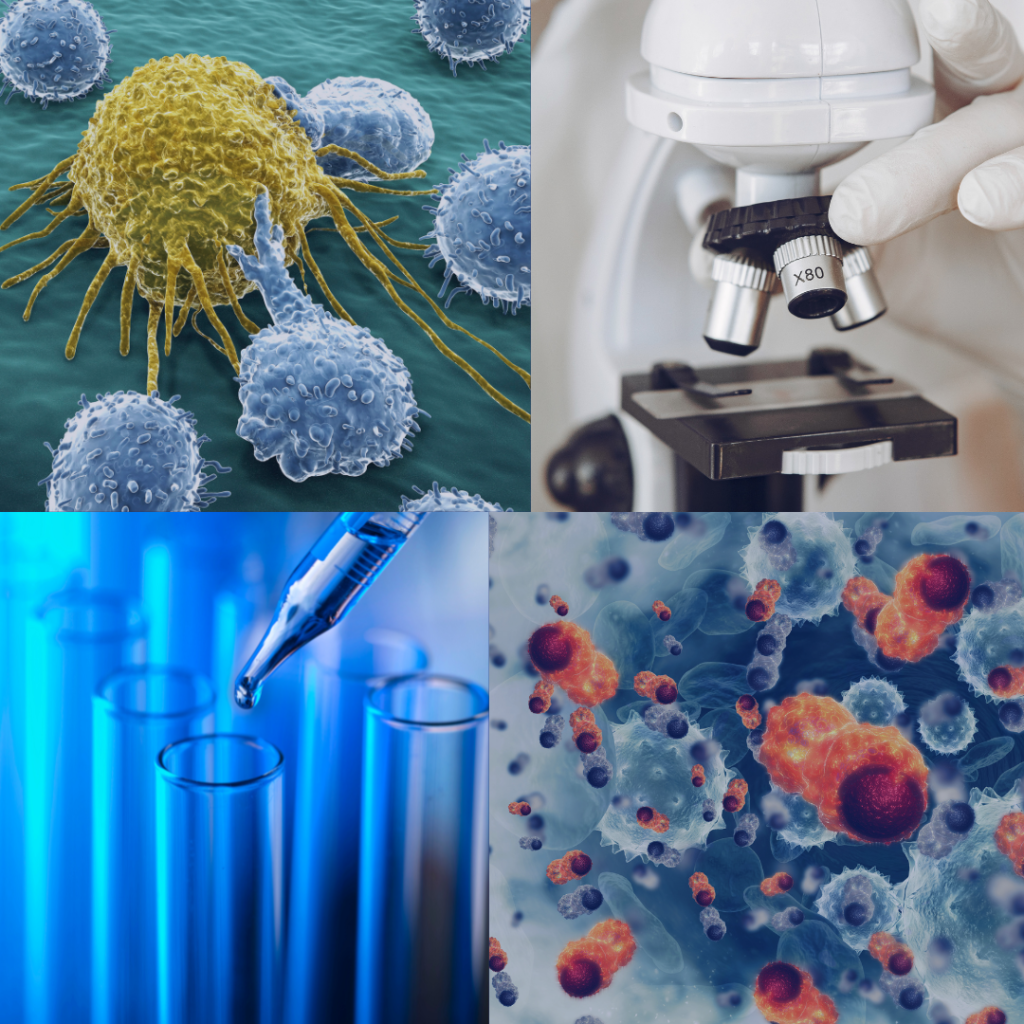
The NKM plus Immune Cell Therapy is an advanced form of the NKM Immune Cell Therapy, incorporating "Immune Checkpoint Inhibitors" into the treatment. This method involves adding immune checkpoint inhibitors to the enhanced and activated immune cells, thereby neutralizing the immune system's brake function imposed by cancer cells and exerting a more potent anti-cancer effect.
Immune Checkpoint Inhibitors:
These inhibitors play a crucial role in cancer treatment by releasing the natural 'brakes' of the immune system, thereby intensifying the immune cells' attack on cancer cells. This enables the immune system to more effectively recognize and attack cancer cells.
Characteristics
| Enhanced Anti-Cancer Effect; | The use of immune checkpoint inhibitors strengthens the attack power of immune cells against cancer cells. |
| Reduced Side Effects; | By directly adding the drug to immune cells, the required minimum dosage is used, reducing the risk of side effects. |
| Broad Range of Effects; | Expected effects include combating cancer cells that have evaded traditional three-pronged treatments, improving conditions of physical weakness, and enhancing basic immune strength, among others. |
Treatment Process
Typically, one course of treatment lasts about 2-3 months, during which 5-6 administrations are performed.
After one course, the continuation or termination of treatment is determined by the physician's assessment.
Stem Cell Therapy
Atopic Dermatitis

Stem cells are isolated from the patient's adipose tissue, cultured, and then transplanted into the patient's veins. The growth factors produced by stem cells have anti-inflammatory effects and regulate the immune system. These actions are expected to suppress the overactive immune response in atopic dermatitis, soothe inflammation, and restore the skin's barrier function to a normal state.
Osteoarthritis

Stem cells are isolated from the patient's adipose tissue, cultured, and then administered into the joint cavity of the patient. The transplantation of stem cells into the joint is anticipated to promote cartilage regeneration while their anti-inflammatory properties are expected to alleviate joint pain.
Dementia

Stem cells are isolated from the patient's adipose tissue, cultured, and then returned to the body via intravenous infusion. The cells circulate throughout the body via blood vessels, settling in areas requiring repair, and secreting necessary intracellular factors to facilitate tissue repair. This process is expected to improve symptoms of dementia and inhibit its progression.
Treatment Process
Cell Bank Service
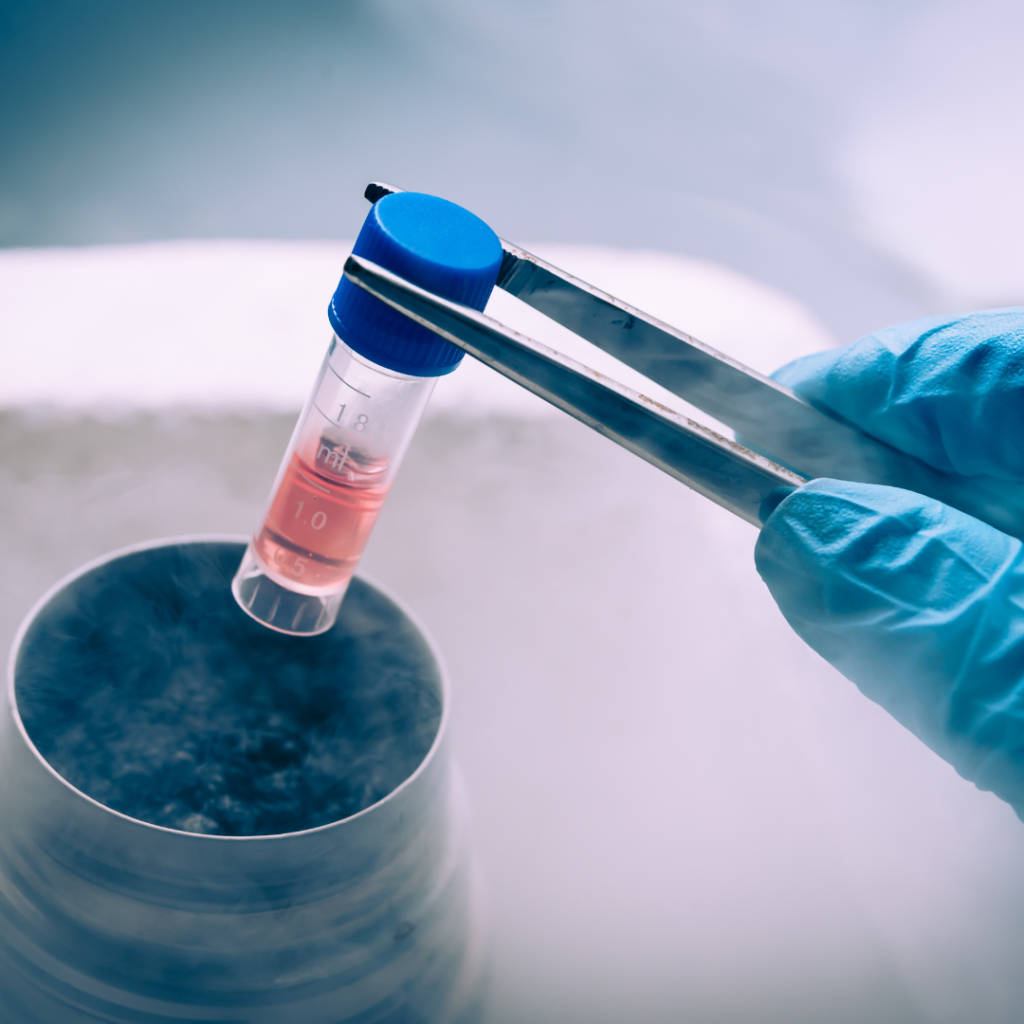
Oda Clinic's Cell Bank Service is an optional service for the long-term preservation of a patient's stem cells. The harvested stem cells are stored for up to 10 years in a high-quality state and can be used for future treatments.
Features
| Advanced Cryopreservation System: | The stem cells are stored long-term at ultra-low temperatures below -150°C, maintaining their quality. |
| In-House Complete System: | The process of stem cell collection, cultivation, storage, and administration is consistently carried out within the clinic, minimizing the risk of cell damage. |
Benefits
- Utilization of Young Stem Cells:
Stem cells harvested at a younger age can be used over time, expecting high therapeutic effects. - Long-Term Usability:
The stored stem cells can be used multiple times over 10 years, with the option to renew and continue storage after a decade. - Adaptability to New Treatments:
If new stem cell therapies are approved during the storage period, these treatments can also be accommodated.
Usage Process
Make a reservation by "Contact Form".
Visit the clinic on the reserved date for counseling and a blood test by a doctor.
Based on the results of the blood test, the feasibility of fat harvesting is determined. If possible, proceed with fat harvesting.
Exosome Therapy
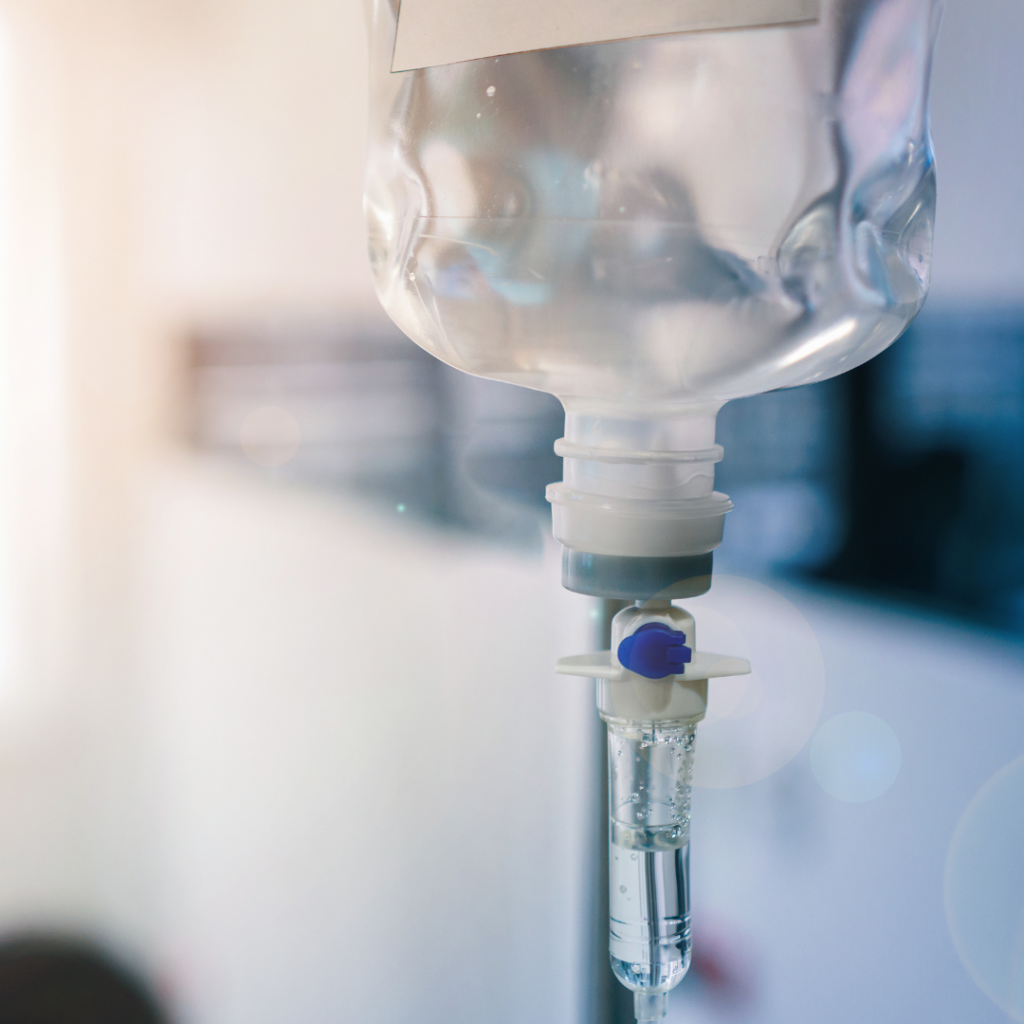
Exosome therapy is a treatment method that utilizes tiny capsule-like substances called exosomes, which are involved in intercellular communication. Exosomes contain growth factors and genetic fragments (microRNA), and are expected to have a wide range of effects including cell regeneration and repair, inflammation suppression, immune system modulation, and protection of nerve cells.
Features
| Diverse Effects: | Exosomes contribute to cell regeneration and repair, inflammation suppression, immune system modulation, and protection of nerve cells. |
| Stem Cell-Derived: | Exosomes are produced from stem cells and contain growth factors and microRNA. |
| Applications in Beauty and Health: | Used in the beauty industry for skin regeneration and in the health sector for disease treatment. |
Benefits
| Promotion of Cell Repair: | Components in exosomes promote cell repair. |
| Inflammation Suppression: | Sending signals to suppress inflammation, thus expecting therapeutic effects for specific diseases. |
| Immune System Modulation: | Helps in regulating the immune system, contributing to the treatment of various diseases. |
Can be effective for various treatment purposes including skin rejuvenation, erectile dysfunction (ED) treatment, improvement of neurological disorders, and inhibition of cancer progression.
Differences from Other Clinics
| High Concentration of Exosomes: | Cultivates up to one billion stem cells in a single culture, resulting in a very high concentration of exosomes. |
| Consistent In-House Process: | From cultivation to quality check, all processes are conducted in-house, ensuring high-quality treatment. |
| Cosmetic Product Processing Service: | Offers a service to process exosomes for cosmetic use, tailored to the patient's needs. |
Prices
NKM immune cell therapy
| NKM immune cell therapy | 858,000 JPY |
| NKM plus immune cell therapy | 1,144,000 JPY |
Stem Cell Therapy
| Intravenous drip | 2,574,,000 JPY |
| Local injection (1 body part) | 1,144,000 JPY |
Cell Bank Service
| 3 years | 357,500 JPY |
| 5 years | 500,500 JPY |
| 10 years | 858,000 JPY |
Exosome Therapy
| Intravenous drip | 715,000 JPY |
| Local injection (1 body part) | 715,000 JPY |
Others
| Consultation fee (per hour) | 13,000 JPY |
| Infectious disease testing | 28,600 JPY |
| Fat cell collection | 143,000 JPY |
Clinic Information
| Name of Medical Institution | Ishinkai Medical Corporation Ginza ODA CLINIC |
| Address | 〒104-0061 2-6-12 Ginza, Chuo-ku, Tokyo Okura Main Building 11FF |
| Nearest Stations | Ginza, Ginza-ichome, Yurakucho |
| Operation Hours | Mon-Fri 10:00-13:00/14:00-19:00 Closed days … Saturday • Sunday • National Holidays |
| Website | https://ishinkai-goc.net/ |
